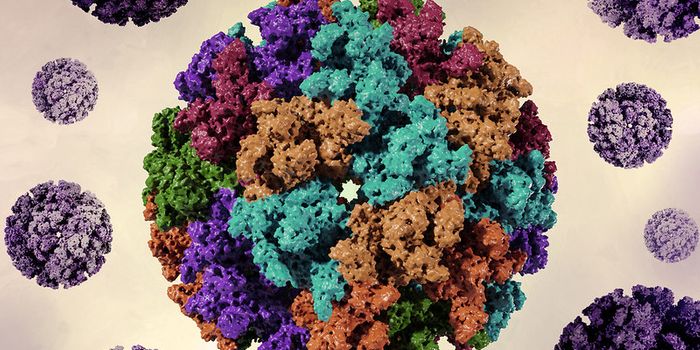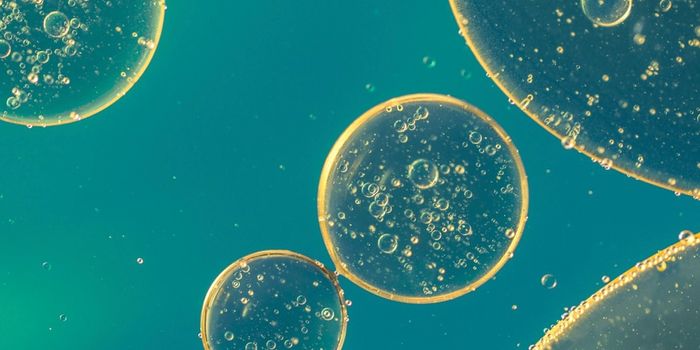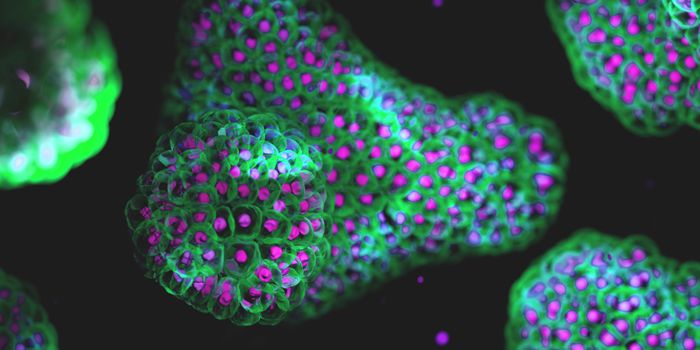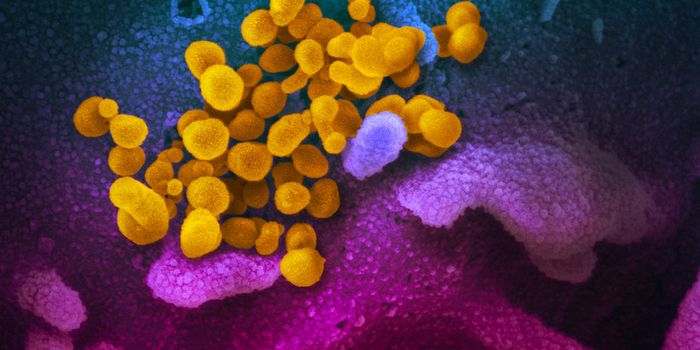New Insight Into HPV Opens up Potential Treatment Avenues
Human papillomavirus (HPV) causes nearly every case of cervical cancer and is also to blame for 95 percent of anal cancer cases. Scientists have now identified a protein in human cells that HPV needs to establish infection. While there is a vaccine for HPV, people don’t always opt to use it, and this work may help treat new cases that will inevitably arise. It’s very common, with an estimated 79 million Americans infected, and many of those people have no idea they have HPV and continue to spread it.
"Human papillomavirus causes a lot of cancers. Literally thousands upon thousands of people get cervical cancer and die from it all over the world. Cancers of the mouth and anal cancers are also caused by human papillomaviruses," noted Anindya Dutta, Ph.D., of the University of Virginia Cancer Center.
"Now there's a vaccine for HPV, so we're hopeful the incidences will decrease. But that vaccine is not available all around the world, and because of religious sensitivity, not everybody is taking it. The vaccine is expensive, so I think the human papillomavirus cancers are here to stay. They're not going to disappear. So we need new therapies," he added.
Not all strains of HPV will produce cancer in the host. Scientists have been trying to learn more about exactly how the virus causes cancer. They have learned that HPV impacts the expression of genes, including oncogenes E6 and E7 (which are closely linked to cancer). Researchers are investigating these genes as potential therapeutic targets, but there have been challenges.
Now Dutta and colleagues have developed a new strategy. They found that the virus needs an enzymatic protein in human cells, called USP46. The enzyme is critical to the tumor formation and growth caused by HPV. It also happens to be an enzyme that can be targeted by therapeutics. It’s "eminently druggable,” said Dutta.
"It's an enzyme, and because it's an enzyme, it has a small pocket essential for its activity, and because drug companies are very good at producing small chemicals that will jam that pocket and make enzymes like USP46 inactive," explained Dutta. "So we are very excited by this possibility that by inactivating USP46 we'll have a way to treat HPV-caused cancers."
E6 has been shown to recruit another enzyme from the cell to break down a tumor-suppressing protein. This work shows that E6 needs USP46 to stabilize proteins in the cell, ensuring they are not broken down. The action of E6 is thought to be vital to the proliferation of cancer. Interestingly, USP46 is exclusive to cancer-causing strains of HPV and is not used by other non-cancer causing strains.
Learn more about HPV from the video above by the National Cancer Institute. The video below by MD Anderson Cancer Center focuses on the HPV vaccine.
Sources: AAAS/Eurekalert! via University of Virginia Health System, International Journal of Clinical Oncology, Trends in Microbiology, PLOS One, Molecular Cell









